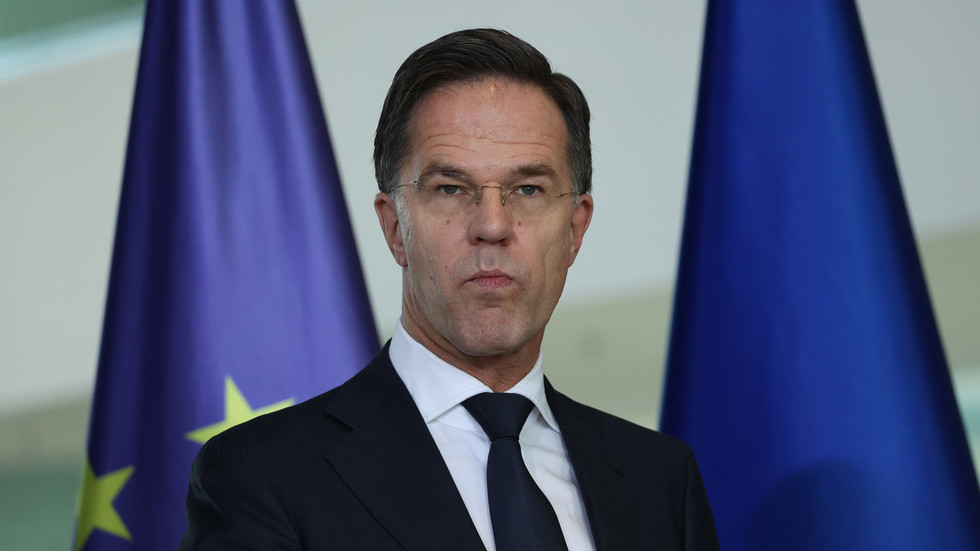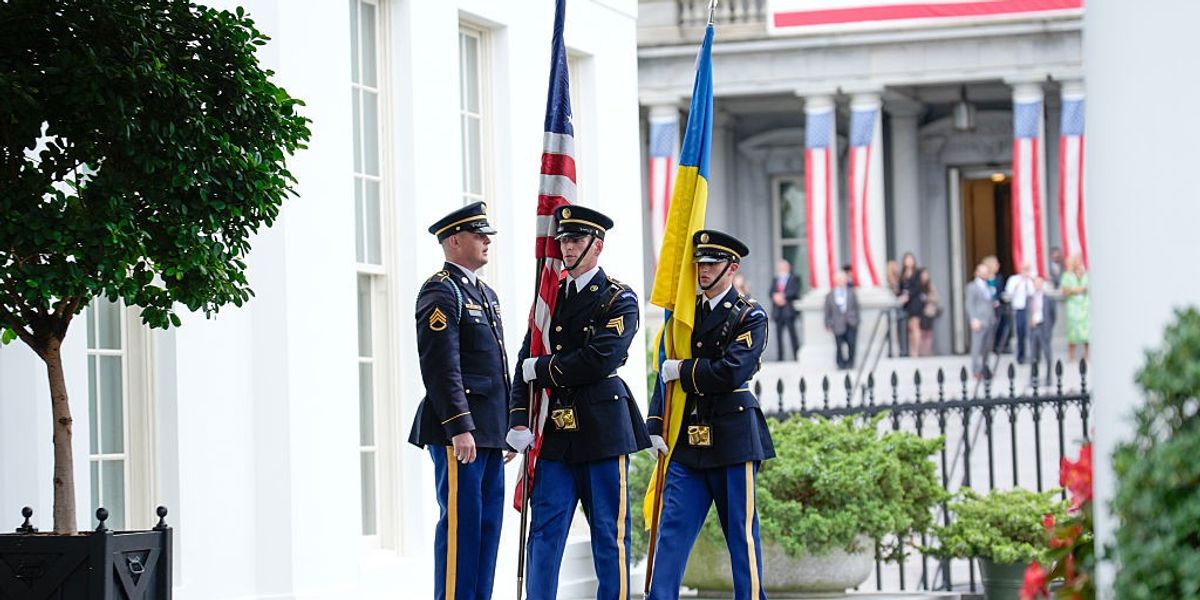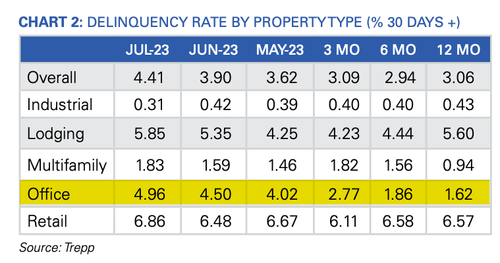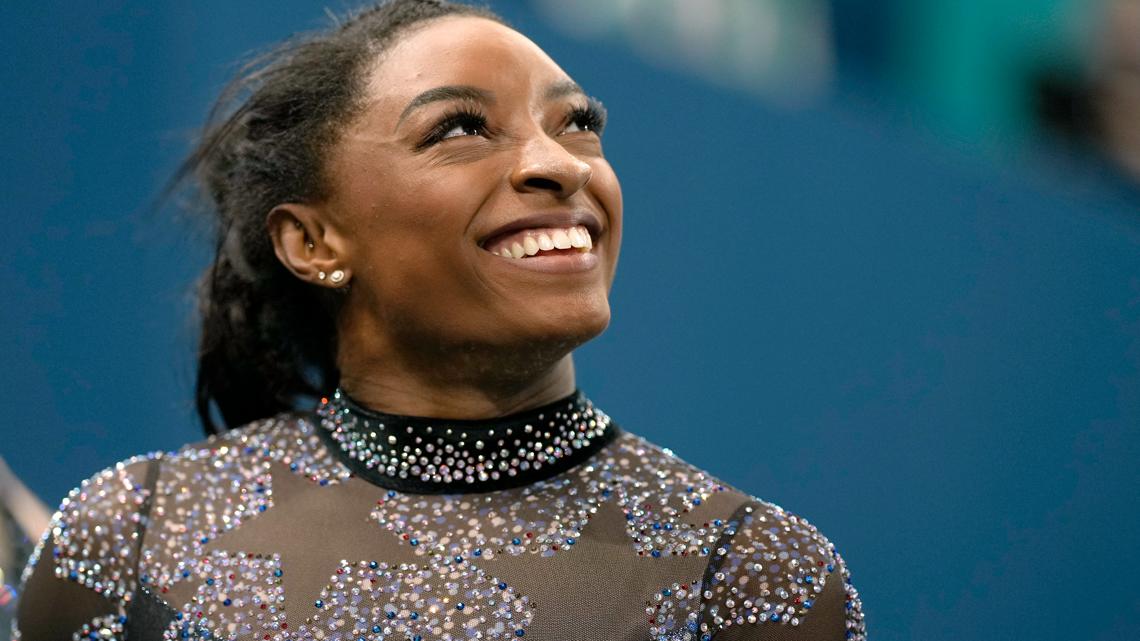As It Happens6:35A gay doctor says Louisiana laws targeting the LGBTQ community are his cue to leave
Dr. Jake Kleinmahon is one of three doctors in Louisiana with his kind of pediatric cardiology specialty. While he has a hard time leaving his patients, their families understand why he’s making the decision to move out of state.
Dr. Jake Kleinmahon is a pediatric cardiologist at Ochsner Hospital for Children in New Orleans. For a few more weeks, at least.
He, his husband and their two children are leaving Louisiana after three bills that limit the rights of LGBTQ people passed in the state’s legislature.
One such bill sought to ban teachers from talking about gender or sexuality in public school classrooms. One would prevent teachers from addressing students by their preferred pronouns without parent permission, and another would ban gender affirming care for minors.
Republican politicians in the state have pushed for the laws in what they say are efforts to protect children.
The state’s Democrat governor, John Bel Edwards, vetoed the first two bills successfully after they passed in the house. The House and Senate both shot down Edwards’ veto of the gender affirming care bill, however, and it is set to come into effect next year.
This was enough to make the Kleinmahons feel unwelcome in the state they call home. Here is part of Dr. Kleinmahon’s conversation with As it Happens guest host Aarti Pole on the decision to leave.
Q: You are a few weeks away from leaving your family home. How are you feeling today?
A: To be honest, it’s been quite stressful [and] upsetting. But we’re looking forward to the future.
Was there a moment when you and your husband decided it was time to leave the state?
It’s when we were watching the Louisiana Senate Education Committee debate the bill that is commonly known as the “Don’t Say Gay” bill. We watched as the debate started. There were maybe 20 minutes of people [speaking] for the bill, and there was about an hour and 45 minutes of people [speaking] against the bill. And when the debate started, the Republican Louisiana senators walked out of the room. And at that point it just showed us that they didn’t care about the LGBTQ population. They weren’t going to stand up for our family or our children, and that it was time for us to leave.
Two laws have been temporarily blocked by the governor. I’m wondering why you want to leave now?
The writing is on the wall. Our governor is term limited, so we’ll have [an] election in November. And even if the laws remain not enacted, which does not seem like it’s going to happen, we don’t want to raise our family in a state that is trying to pass these laws, that feels the need to pass these laws and have our children grow up … under this environment.
Your oldest is six years old. I’m wondering how you’ve approached the topic of moving with them?
It’s been a difficult conversation. There aren’t very many people out there who have had to look their children in the eyes and say that we have to move out of the state because there are people in our state government trying to enact laws against our family.
Our daughter — who is one of the kindest, most thoughtful young girls I’ve ever met — her reaction when we talked to her about it was, “Oh, that’s awful. When can we move?” And this is a state that she grew up in and embraced and completely loves. But even at six years old, she realizes that we, too, deserve to be supported and loved in our own state.
You’re one of very few doctors [in Louisiana] specializing in pediatric heart conditions. How professionally difficult has this decision been for you?
That’s actually been the hardest part of the decision. I am one of three pediatric cardiologists working in a centre that does heart transplants. So me leaving the state will leave two pediatric heart transplant cardiologists … to manage the entire state. And I came here to Louisiana to build a world-class program and I’m very proud of the program that we’ve built.
The hardest part is telling my patients and their families that I’m leaving. The reason I went into medicine was to have the ability to establish those relationships and get close to families and telling them that I’m leaving somewhat makes me feel like I’m letting them down.
How do those conversations go between you and your patients?
They start with me telling them why I’m leaving. Almost all of the conversations are followed by tears [from] family members, the patients, brothers, sisters — whoever is in the room. We have created such strong bonds and they’ve trusted me [during] the worst days of their life, when their child is literally dying and needing a heart transplant. And I’ve been there for them.
But, no matter what their beliefs are, they fully support me moving to a place that I feel comfortable raising my family. And they understand the reasons that we’re doing it.
You’re not the only professional who has felt that they were forced into this position. Do you think Louisiana [is] going to see more specialized professionals like yourself leave the state?
I absolutely do think we are going to see a drain. Not only with LGBTQ professionals, but also there [has] been a flood of obstetricians that have left states that have enacted near-total abortion bans. So I think that these states, unfortunately for the people who are still in them, are going to see a drain on talented health care professionals.
You’ve accepted a new position in New York. What are your hopes for raising your children there?
We [have] the same hopes I would imagine every parent would [have]. We want them to be happy, to be loved, to be in a community that supports them and their type of family. And we want them to fall in love with New York as much as they’ve fallen in love with New Orleans and Louisiana.
If things change in Louisiana, can you see yourself ever moving back?
That’s a really tough question. We put our faith in Louisiana and we planted roots here with intentions to live our lives here and retire here. And quite frankly, Louisiana let us down. So while I never say never, I think it would be really hard for us, unless there [are] significant changes, to consider moving back.
Interview with Jake Kleinmahon produced by Sarah Melton. Q&A edited for length and clarity
















